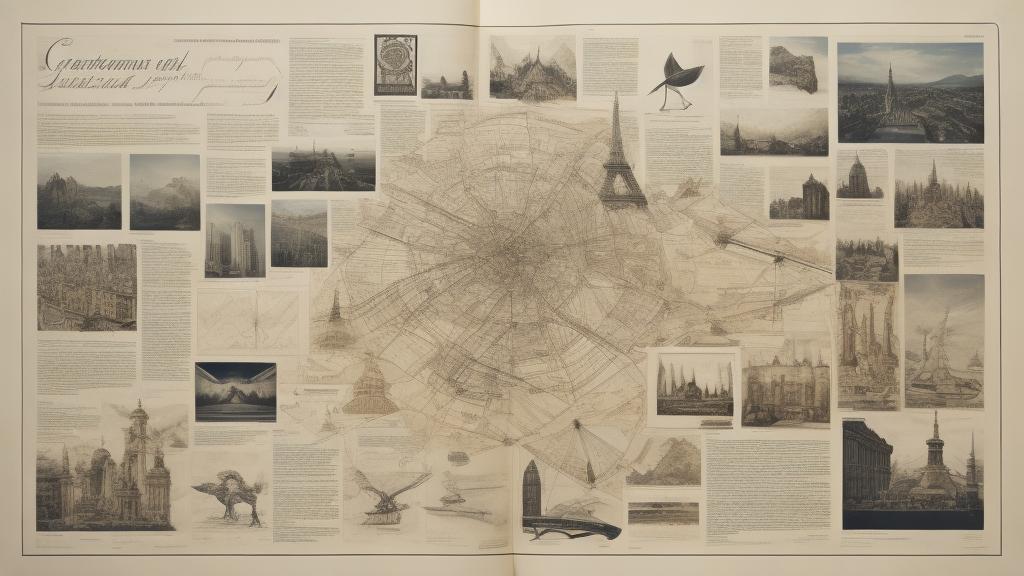In recent years, the intersection of music and fashion has intensified like never before. From concert venues to couture runways, the symbiotic relationship between these two cultural powerhouses has become a defining feature of contemporary style. This evolving dynamic is not just a superficial alignment but a profound exchange of influences that is reshaping the aesthetics of modern fashion narratives.
Take, for example, the collaborations between major music icons and luxury fashion houses. Beyoncé's partnership with Balmain for Coachella 2018 epitomized the seamless blend of high fashion with performance art, pushing the boundaries of both industries. Her custom-designed outfits weren’t just stage costumes; they became symbols of empowerment and cultural pride, blasting the message that music-inspired fashion can be both visually stunning and meaningfully loaded.
Additionally, the phenomenon of musicians launching their fashion lines has added another layer to this dynamic. Rihanna's Fenty, Kanye West’s Yeezy, and Pharrell Williams’ collaborations with Chanel are more than just celebrity vanity projects. They are concerted efforts to merge the worlds of music and fashion into cohesive, marketable brands. These lines do not merely capitalize on the fame of their creators; they bring authentic musical energy into wearable art, making a statement that transcends the stage and infiltrates daily life.
Streetwear has particularly benefited from this blend. Hip-hop culture, initially shunned by high fashion, now informs some of the most impactful trends on global runways. Designers like Virgil Abloh have seamlessly integrated streetwear’s raw, expressive energy into the high fashion lexicon, creating collections for Louis Vuitton that speak to a new generation prioritized with cultural inclusivity and innovation.
Social media has undeniably amplified this cross-pollination. Platforms like Instagram and TikTok provide a stage for the latest in music-inspired fashion, reaching global audiences instantly. Fans see their favorite artists donning the latest couture before it even hits the racks, democratizing access to high fashion. This instant visibility and interaction further solidify the bond between music and fashion, turning fans into consumers and stylists into cultural commentators.
Despite these advancements, the relationship isn’t without critique. Skeptics argue that the commercialization of music-inspired fashion dilutes artistic integrity, converting genuine creativity into commoditized trends. However, proponents see this as a democratizing force, breaking down high fashion’s exclusivity and making it accessible to a broader audience.
Ultimately, the convergence of music and fashion is a dynamic field brimming with potential. It represents a new era where charts and catwalks don’t just coexist but thrive off each other, continually evolving how we express identity and culture.
Looking ahead, it’s clear that this relationship will only deepen. Emerging technologies, like virtual reality concerts and augmented reality fitting rooms, are pushing the boundaries even further. As these two industries continue to innovate, the only certainty is that the runway's soundtrack will remain more important than ever, harmonizing fashion trends with the beats that define our lives.
The transformative power of music-inspired fashion: How artists are shaping runway trends

